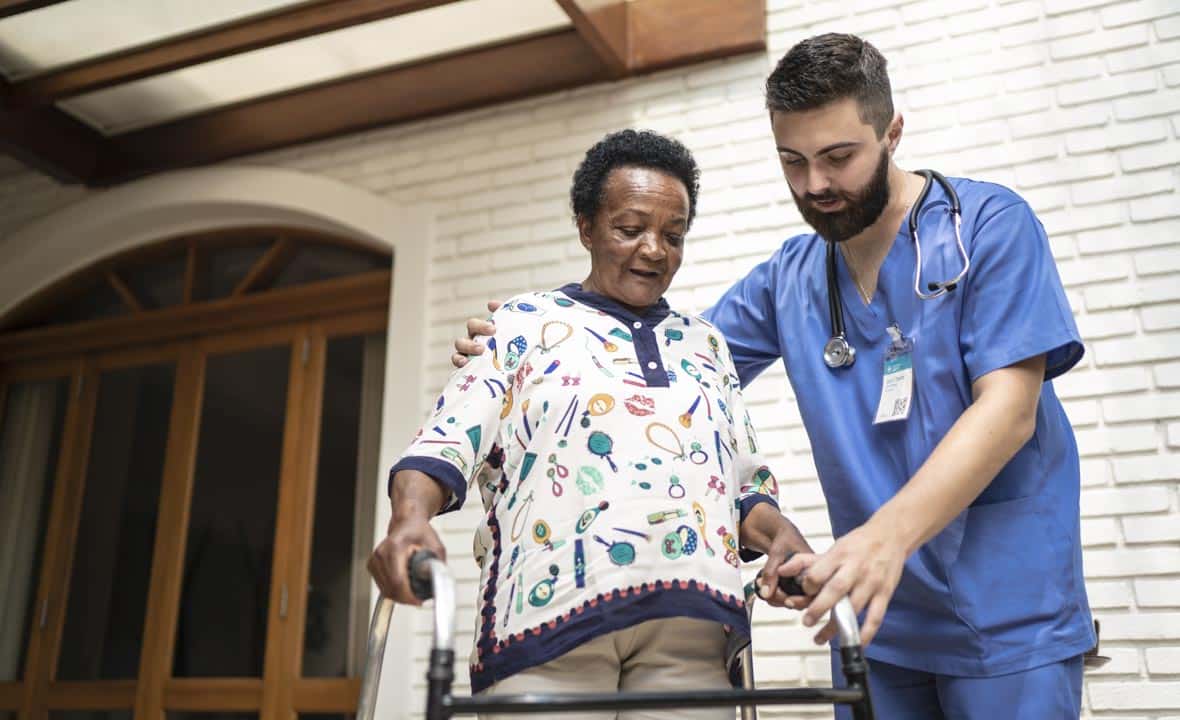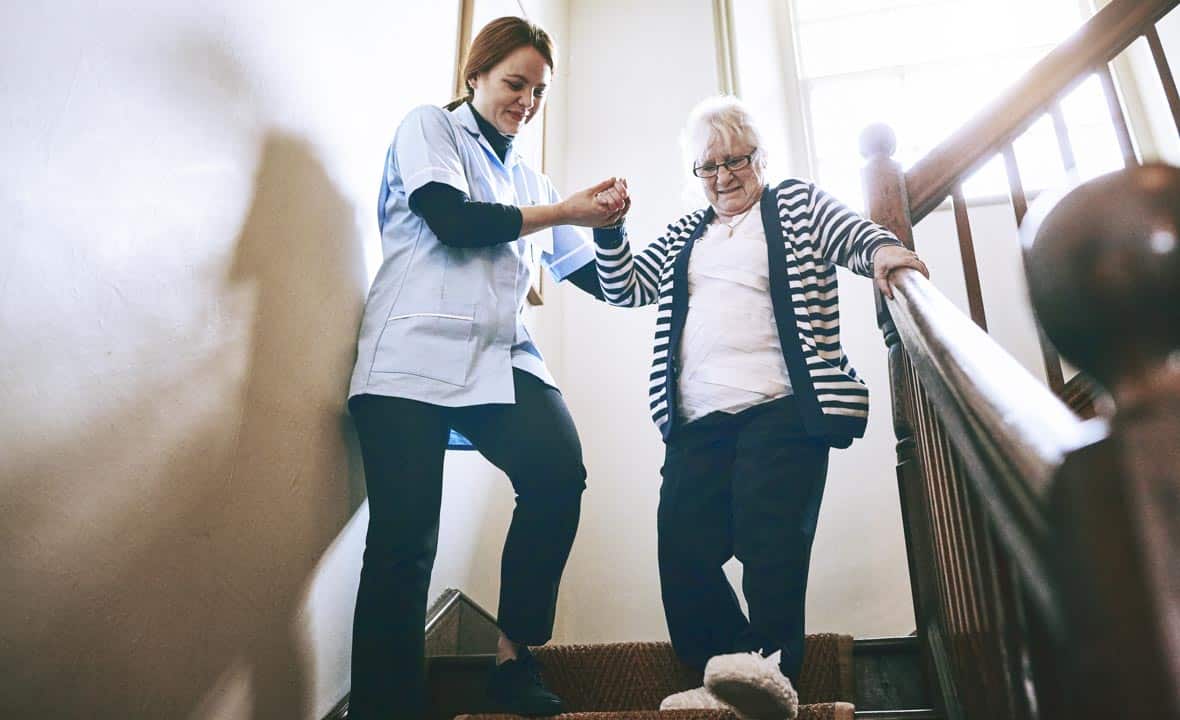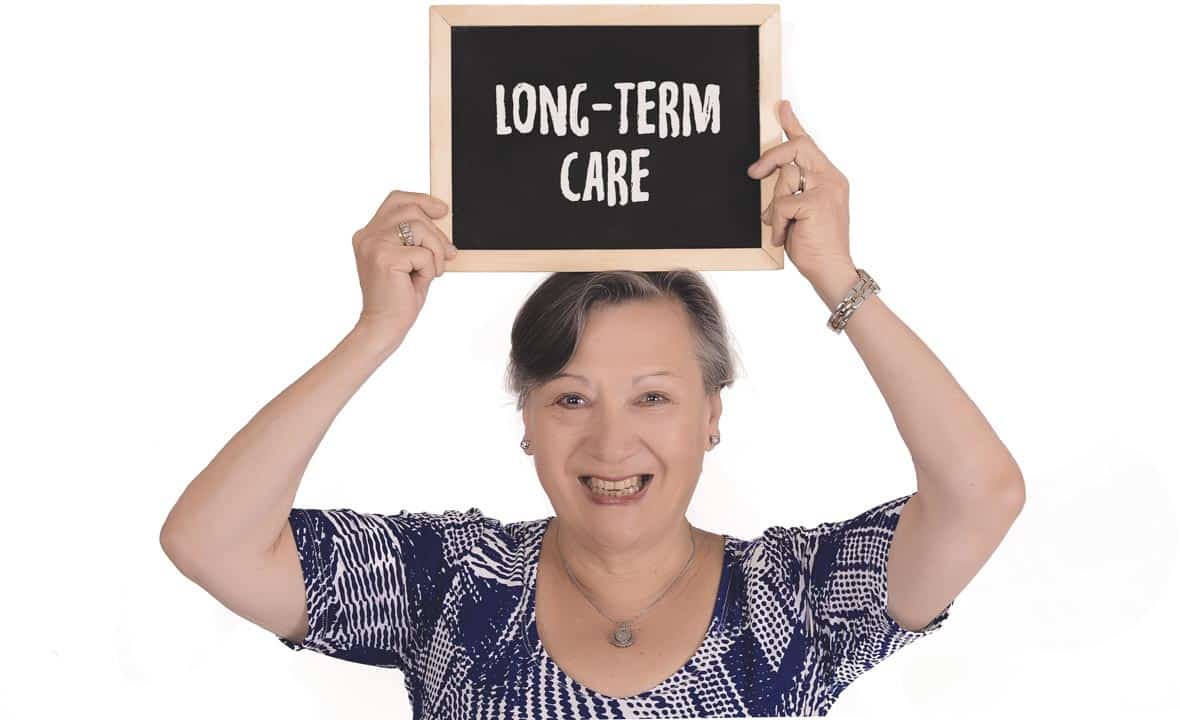Gain multiple advantages by ‘hiring’ your children. Statistics reveal that approximately 70% of Alzheimer’s patients receive care at home. In these situations, that of course means relatives are doing a significant amount, if not all, of the work of attending to a patient’s needs.
A Caregiver Agreement, also called a Personal Services Contract, is a legal contract under which you employ a son, daughter, relative, friend or an agency to assist you with the support services you need. There are several advantages to these agreements for a medical profile that includes Alzheimer’s disease or dementia-related conditions.
Download our Nursing Home Medicaid HandoutFirst, home care attendants or a nursing facility staff are sometimes not equipped to provide all the services and companionship you may want or require. The reality is that if the extra support doesn’t come from a family member or friend, you might not get it.
Second, family members often suffer from “compassion fatigue” in caring for an elderly and ill parent. Burnout is a real danger, especially given the insidious nature and demands of Alzheimer’s disease. Frequently, there are the financial pressures on the family member or friend who is providing care, and compensation through the Caregiver Agreement can ease that burden.
Third, a Caregiver Agreement is a valid way to compensate others in a Medicaid-compliant manner. The payments to the caregiver can help avoid or reduce costly penalties that would arise if the money were simply given to the individual without a formal contract. These agreements can be constructed to transfer either a lump sum or periodic payments, and therefore have great flexibility for planning purposes.
Contact Us Today!
Find Your Situation
visit our key practice areas







